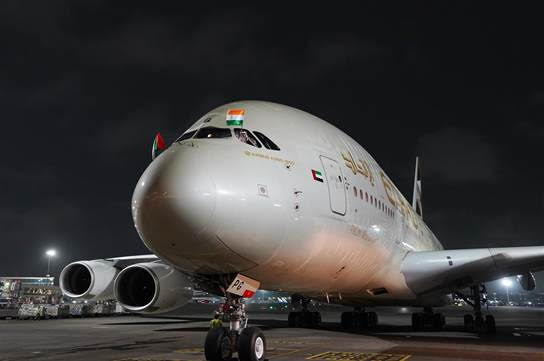11-15-2023
GURGAON, 07-11-2023- The air quality in the National Capital Region (NCR) has plummeted to ‘severe’ levels, triggering urgent action from the Commission for Air Quality Management (CAQM). In response, they invoked Stage 4 of the Graded Response Action Plan (GRAP) on November 5, 2023, with immediate effect. This crucial move aims to combat the rising pollution levels and safeguard the health of the residents in the region.
What is the Graded Response Action Plan (GRAP)?
GRAP is a meticulously designed set of emergency measures that comes into play when air quality crosses a specific threshold in the Delhi-NCR region. Initially approved by the Supreme Court in 2016 and formally notified in 2017, GRAP was crafted after extensive consultations between the Environment Pollution (Prevention and Control) Authority (EPCA), state government representatives, and experts. The result was a comprehensive strategy to institutionalize actions for mitigating air quality deterioration.
GRAP is structured in an incremental manner, meaning that different measures are implemented as the air quality degrades. It consists of four stages, each triggered by specific Air Quality Index (AQI) thresholds. Stage 1 is activated when the AQI falls into the ‘poor’ category (201 to 300), Stage 2 follows in the ‘very poor’ category (301-400), Stage 3 engages when the AQI reaches ‘severe’ levels (401-450), and Stage 4 is the highest, responding to the ‘Severe+’ category, with an AQI exceeding 450.
Measures Enforced in GRAP Stage 4
With the air quality in the NCR reaching ‘severe’ levels, GRAP Stage 4 has been activated. Here are the key measures taken to combat the worsening pollution:
1. Restriction on Diesel Four-Wheelers
Authorities have banned the use of diesel four-wheelers that do not comply with the BS-VI emission standards. This is a crucial step to curb emissions from vehicles, as BS-VI standards significantly reduce air pollutants in vehicle emissions. Exceptions are made for diesel vehicles used for essential and emergency services.
2. Entry Restrictions for Trucks
Trucks are not allowed to enter Delhi to mitigate the impact of vehicular emissions. This restriction plays a vital role in reducing air pollution caused by heavy-duty vehicles.
3. Suspension of Construction and Demolition Activities
Previously allowed construction and demolition activities on linear public projects like highways, roads, flyovers, pipelines, and power lines are now temporarily prohibited. This helps reduce dust and emissions from construction sites.
4. Online Classes and Work from Home
State governments in the NCR have the authority to suspend physical classes for students in classes 6 to 9 and class 11. Lessons will be conducted online to minimize outdoor exposure. Furthermore, they may opt to allow public, private, and municipal offices to function at 50% capacity while the rest of the employees work from home. These measures aim to limit the number of people outdoors and curb emissions.
5. Additional Emergency Measures
State governments may consider other emergency measures, such as the closure of colleges and non-emergency commercial activities. There is also an option to implement an odd-even vehicle usage policy, which restricts vehicles based on their registration numbers, allowing them to operate on alternate days. The central government may also permit employees in central government offices to work from home.
What to Expect Next
In light of the worsening pollution situation, the Delhi government has taken specific actions. Physical classes in schools, except for those in classes 10 and 12, have been suspended until November 10. Additionally, the popular odd-even vehicle usage scheme will be reintroduced from November 13-20 to further reduce traffic-related pollution.
The decisions made are based on a forecast that suggests improved wind speed in the region, potentially aiding in the dispersion of accumulated pollutants.
courtesy https://www.openpr.com/news/3287765/understanding-grap-stage-4-delhi-ncr-s-response-to-severe-air








